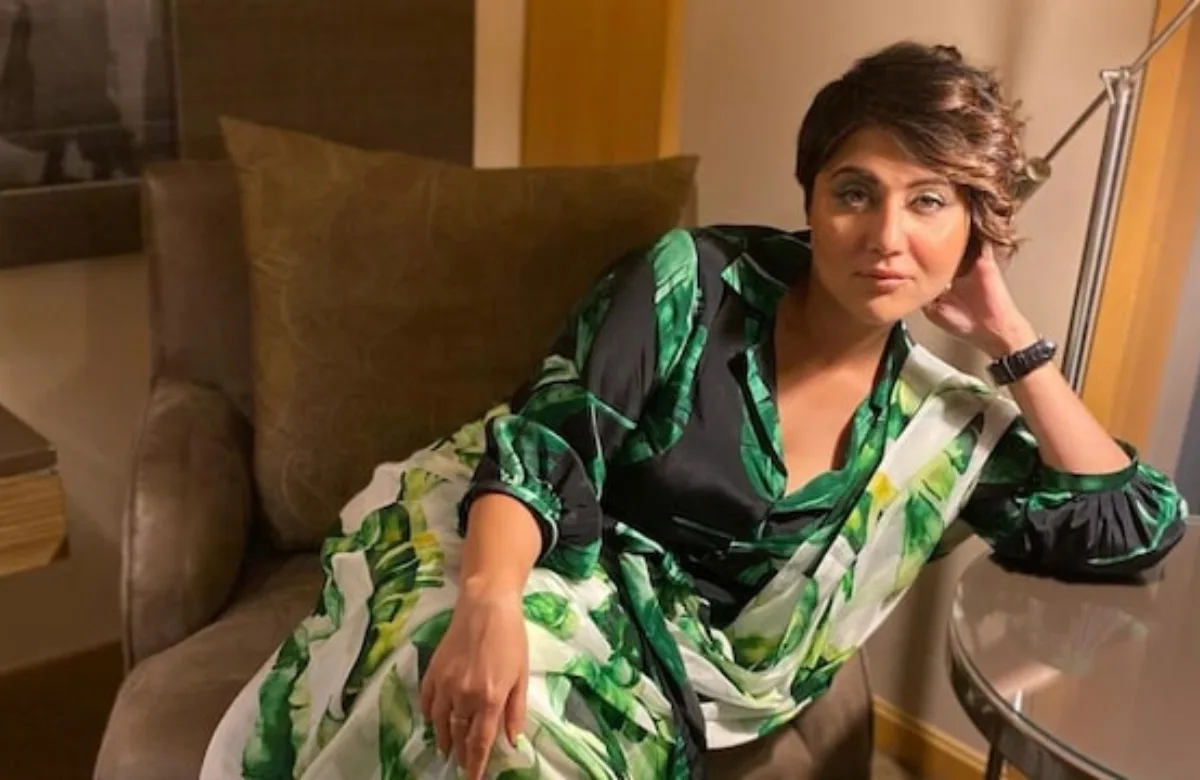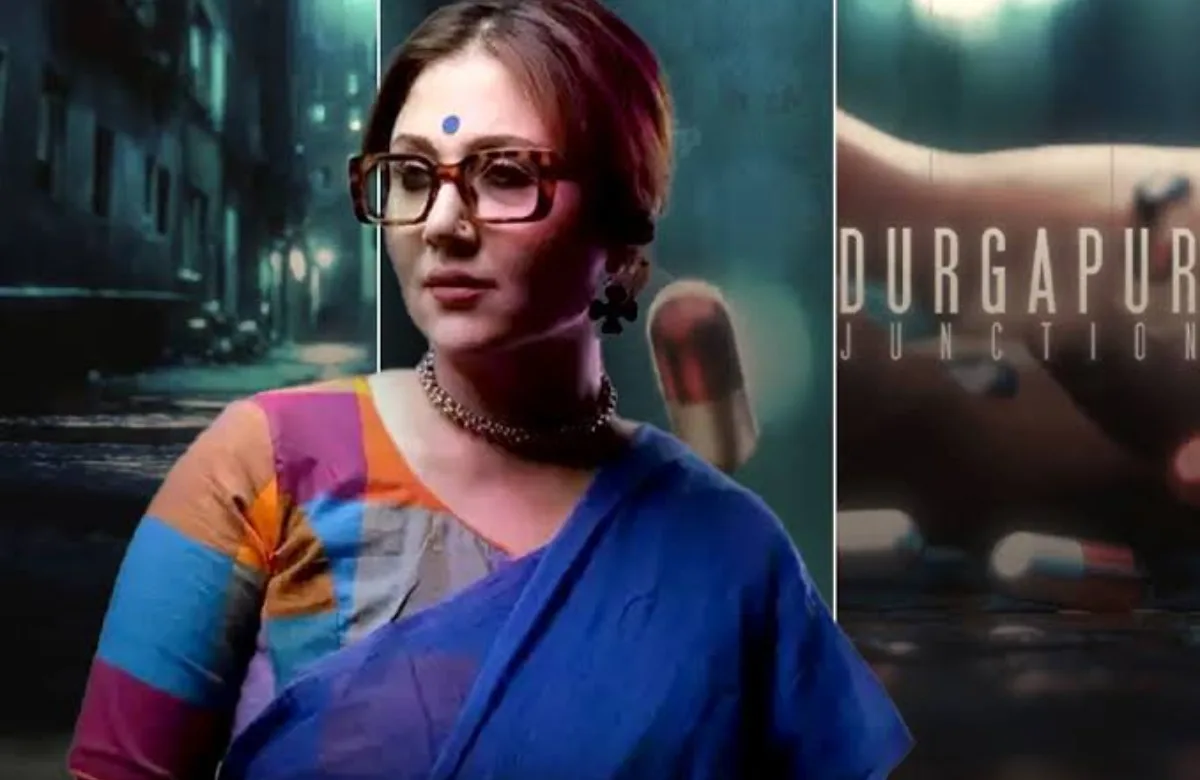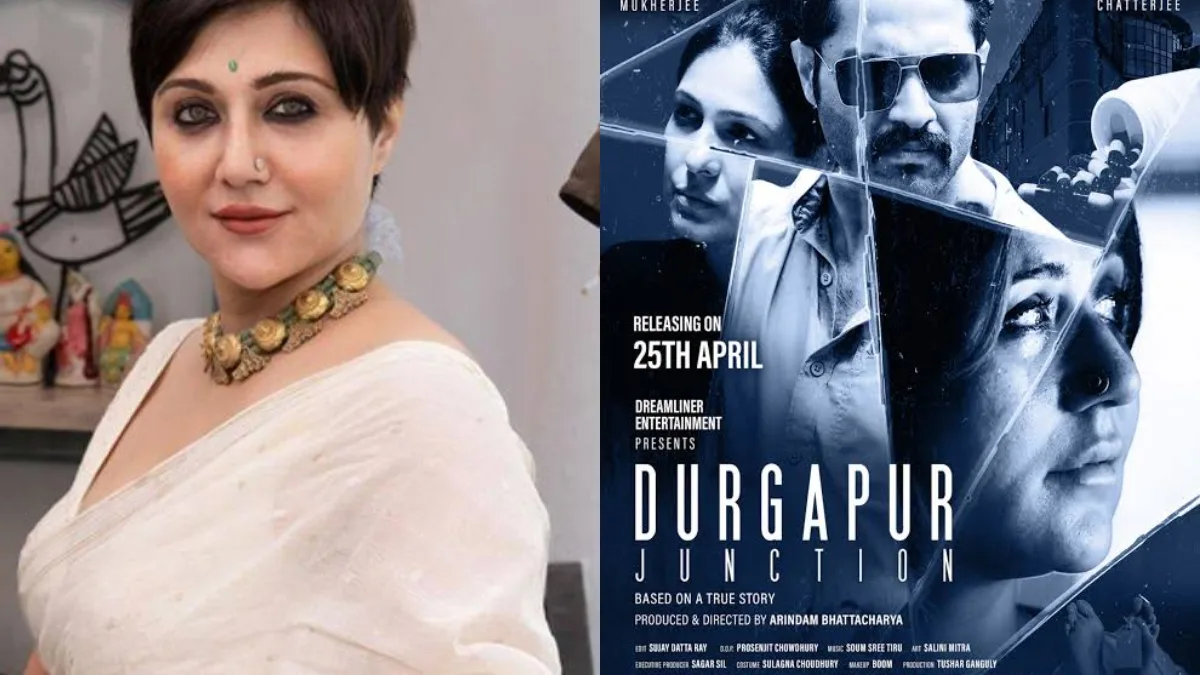Actor Swastika Mukherjee steps into the shoes of a fearless investigative journalist in Durgapur Junction, the latest Bengali thriller directed by Arindam Bhattacharya. In an interview with Hindustan Times, she not only discusses her character but also shares sharp observations on the declining standards of journalism, the pressures of public life, and the impact of social media on truth and discourse.
On Her Film and Bengali Cinema
Swastika is optimistic about Durgapur Junction, calling it a fresh take within the thriller genre. “I feel Indian audiences have a strong inclination toward thrillers,” she says, adding that the film’s pharmaSwastika Mukherjee On Journalistic Integrity, Troll Culture and Her Role In Durgapur Junctionceutical backdrop sets it apart. “We haven’t worked on a premise like this before. As an artist, I always aim to bring something new to the table.”

She also believes Bengali cinema is experiencing a healthy phase, with audiences embracing all kinds of stories—from personal narratives like Manikbabur Megh to films like Puratawn. “People are going to theatres again, and that’s a good sign,” she notes.
View this post on Instagram
‘There’s a Mad Rush for Breaking News’
Reflecting on her role as journalist Ushahsie, Swastika speaks candidly about the changing face of journalism. “Before social media, journalists had to do real legwork. Now it’s all about fingerwork,” she says. “There’s a desperate rush to break news first, often without even checking if it actually happened. And when misinformation goes viral, the truth gets no traction later.”
She calls the current climate “unfortunate,” where misinformation and sensationalism dominate. “There’s no filter anymore. The competition is about who can dig up more trash, and nobody cares about what should or shouldn’t be said,” she laments.

‘We Are Living in a Pathetic, Disturbing Time’
Swastika recounts being misquoted and misrepresented online. “I once joked that my daughter is a big fan of Jeet and she keeps saying she won’t forgive me for not ending up with him. That became a headline saying my daughter disapproves of my life choices,” she recalls.
In another instance, she was slammed for reading a letter at a public event—except the quote used in the article wasn’t even hers. “Nobody read the context. People were just looking for a chance to abuse.”
The Price of Speaking Out
Swastika also spoke about the pressures of standing up for causes. “I played a journalist who wants to fight, but even in the film, she lacks support—her husband tells her to stop protesting. That’s reality too.”
She was one of the few industry voices during last year’s RG Kar hospital controversy. “There are threats. Work does get affected. We fear for our families. It’s a huge price to pay.”



